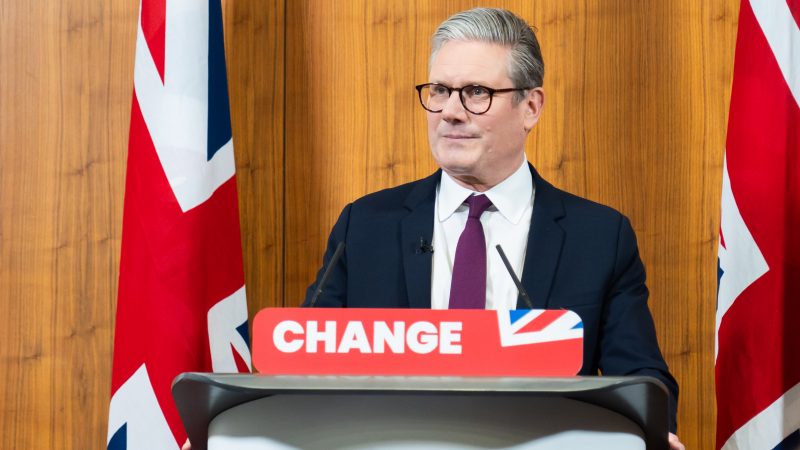
With the general election almost a month away, Labour staff are working hard behind the scenes to finalise the party’s manifesto. The manifesto will be agreed at the party’s ‘Clause V’ meeting.
Clause V is a special meeting attended by the shadow cabinet, the Parliamentary Committee of the Parliamentary Labour Party, the leaders of the Scottish and Welsh Labour Parties, the chair and three vice-chairs of the National Policy Forum (NPF), 11 trade union members of the national TULO committee and the national executive committee (NEC). It is called Clause V because that is the section of the Labour Party rulebook outlining the party’s policymaking process.
As an NEC member and NPF co-convener, I attended the 2015, 2017 and 2019 Clause V meetings. Each meeting ran slightly differently.
At all three previous Clause V meetings, people handed in their electronic devices and received numbered copies of the draft manifesto. These were collected back at the end of the meeting. Security was extremely tight. The meetings went through the document section by section. Attendees forwarded amendments or spoke in favour or opposition to a policy. At the end of the meeting, attendees voted on the document, which was then published shortly after the meeting ended.
Each of the Clause V meetings I attended ran slightly differently
2015 was the culmination of five years of policy development that included the full NPF process and other shadow cabinet policy development. In 2014, a meeting of the entire NPF took place at Milton Keynes. It was a surreal experience, but over several days the meeting resolved politically contentious issues and agreed on crucial policy positions. As a result of these agreements, the 2015 Clause V meeting felt like more of a formality.
READ MORE: Labour general election manifesto 2024: What policies will the party include?
The snap elections in 2017 and 2019 meant that there was less time for policy development. Negotiations had to be accelerated behind the scenes. This resulted in various drafts of the 2017 manifesto being widely circulated for comment and feedback. Several versions of these drafts ended up being leaked to the media.
This was unintentional, but ironically ended up meaning that these drafts were circulated and read widely. It turned out that the public was broadly supportive of the policies outlined in the leaked documents – perhaps this event helped Labour’s performance in the 2017 election. It also meant that, by the time we got to the 2017 Clause V meeting, all Labour stakeholders knew what to expect and were able to have key policy conversations ahead of time.
The test of Labour’s election manifesto will come on polling day
A lot of amendments were put forward to the manifesto in the 2017 Clause V. This was partly due to the timing of the snap election. The security over the 2019 manifesto was more tightly managed. The meeting ran in the same style, but fewer amendments were permitted.
With both snap elections, Labour had to balance producing the manifesto with all the other campaign requirements, including candidate selection, campaign messaging, resource allocation, debate prep etc.
For some time, Labour has been working on the assumption that the general election could have taken place as early as this spring.
Last year, Keir Starmer launched his five missions and, a couple of weeks ago, he launched his ‘first steps’ for a Labour government. Policy development deadlines were set with this in mind. The NPF has had a full parliamentary cycle to run. Labour has held an impressive number of policy reviews, and there has been intense interest in and scrutiny of Labour’s policy platform. The test that matters will come on July 4th.
As proud as I am of the policies in the manifestos I was involved in shaping, nothing will come close to the feeling of winning a general election, when Labour can bring the UK the change it needs. Let’s make every day until July 4th count.
Read more of our 2024 general election coverage here.
If you have anything to share that we should be looking into or publishing about this or any other topic involving Labour or about the election, on record or strictly anonymously, contact us at [email protected].
Sign up to LabourList’s morning email for a briefing everything Labour, every weekday morning.
If you can help sustain our work too through a monthly donation, become one of our supporters here.
And if you or your organisation might be interested in partnering with us on sponsored events or content, email [email protected].




More from LabourList
Antonia Romeo appointed to lead civil service as new Cabinet Secretary
‘If Labour is serious about upskilling Britain, it must mobilise local businesses’
Stella Tsantekidou column: ‘What are we to make of the Labour Together scandal?’